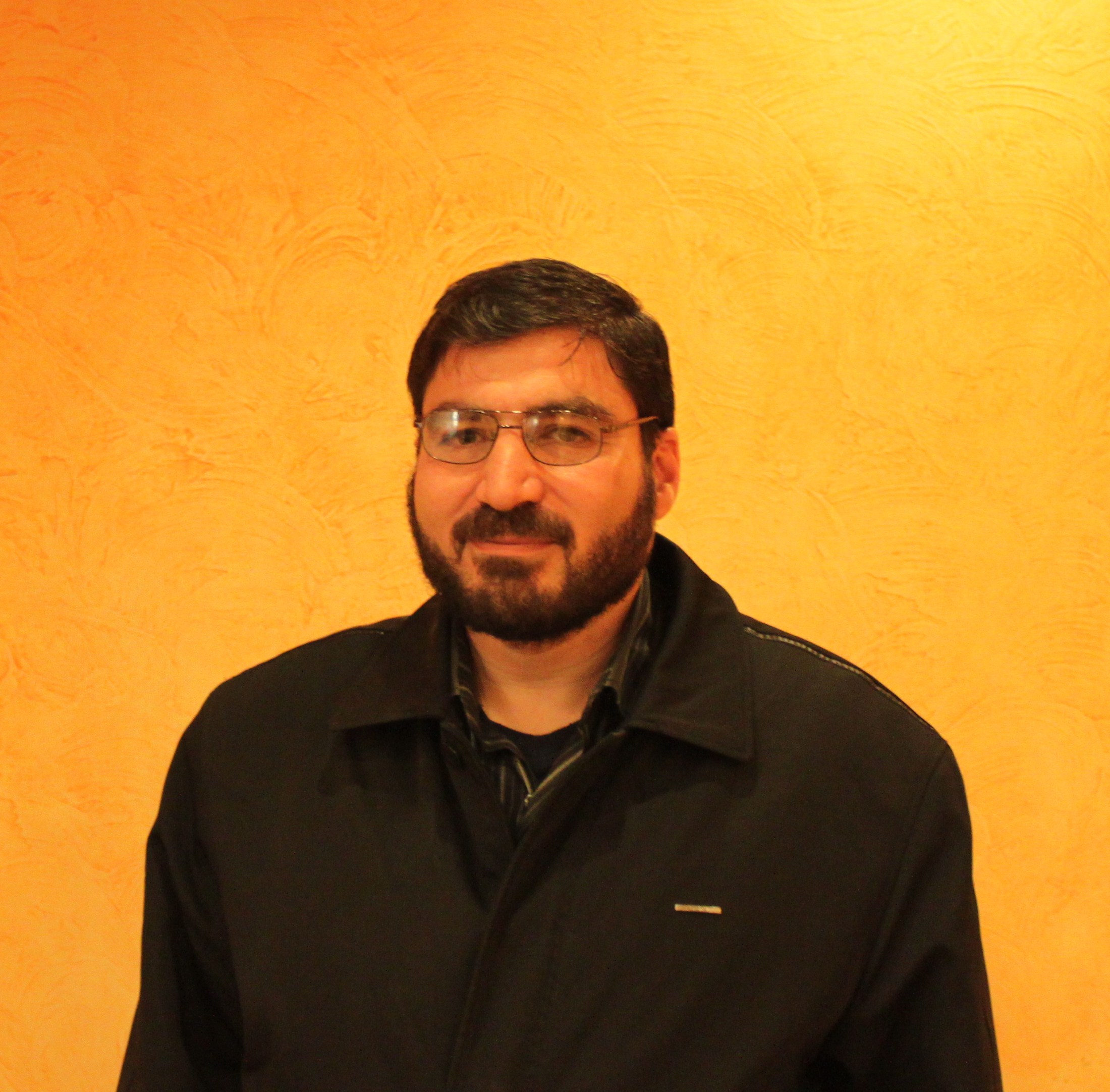Tag: Prisoner Deal
-
Photos: Gaza children hold march and candlelight vigil to free Ahmad Sa’adat
19th October 2013 | International Solidarity Movement, Gaza Team | Gaza, Occupied Palestine Dozens of Palestinian children marched in Gaza Friday evening before holding a candlelight vigil outside the Palestinian Legislative Council (PLC). The event was the first in a global week of action to free Ahmad Sa’adat and other Palestinian prisoners held by Israel. Sa’adat, an…
-
International Women’s Peace Service meet with prisoner released in Shalit deal
26 December 2011 | International Women’s Peace Service The 18th of December was a day of reunion and celebration for many in Palestine. Following a tense wait, several delays and tear-gas attacks by the Israeli Occupation Forces (IOF) on their waiting families, 550 Palestinian prisoners were released from Israeli jails to be reunited with their families…
-
“Like the Wild West:” Ex-prisoner lives with bounty on his head
by Alistair George 13 December 2011 | International Solidarity Movement West Bank “I see my situation as a cowboy film, like the wild west” says Hani Jaber, showing ISM a poster, written in Arabic saying: ‘Wanted: if anyone has any information about the whereabouts of the killer Hani Jaber, please call us on this number…


